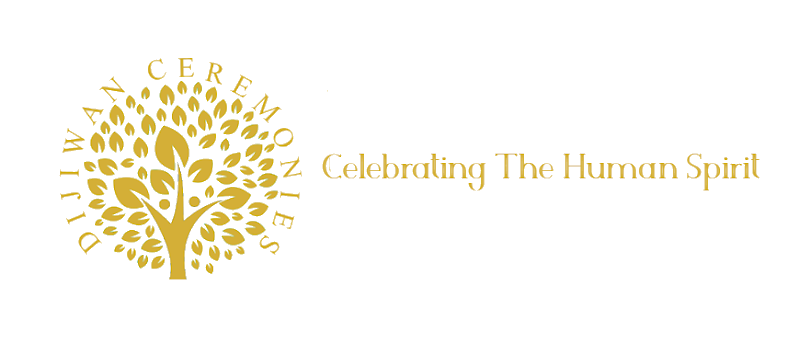Marrying Someone of a Different Faith...or None
Marriage between people of different beliefs can work! It all depends on open communication before and after the wedding day.
Growing up, I had the privilege of witnessing firsthand how a mixed faith marriage can thrive. My parents had a marriage that was founded on love, mutual respect, and open communication. My late father claimed no religion, while my mother was a devout Roman Catholic. While their beliefs about religion were different, they found a way to make it work.
One of the keys to their success was their willingness to listen to each other and approach their differences with an open mind. Instead of trying to convert each other or insisting on a hard-line position, they were able to find common ground and mutual respect. This allowed them to build a strong foundation of love and trust that endured throughout their lives.
In a mixed faith marriage, disdain cannot be present. It's essential to have mutual respect for each other's beliefs and practices. This means accepting that you may not always see eye-to-eye on certain issues, but choosing to love and support each other anyway. It also means being willing to compromise when necessary and finding ways to work through your differences in a respectful and constructive way.
Another critical factor to consider in a mixed faith marriage is children. How will you raise them? Will they follow one parent's faith, both, or neither? These are crucial questions that need to be addressed before tying the knot. In my case, my parents agreed that my mother would raise us in her faith, but my father would support her and attend church with us on special occasions.
Pre-marital counseling can be helpful for couples navigating mixed faith marriages. It can provide a safe and supportive space to explore your beliefs, values, and expectations for your future together. Counseling can also help you develop effective communication strategies, identify potential areas of conflict, and build a plan for navigating these challenges as a team.
In conclusion, mixed faith marriages can work if both partners are willing to approach their differences with an open mind and a heart full of love. It takes work, commitment, and effective communication, but it is possible to build a happy and fulfilling life together, regardless of your religious beliefs. So, if you're in a mixed faith relationship, take heart – with the right mindset and approach, your love can conquer all.
Growing up, I had the privilege of witnessing firsthand how a mixed faith marriage can thrive. My parents had a marriage that was founded on love, mutual respect, and open communication. My late father claimed no religion, while my mother was a devout Roman Catholic. While their beliefs about religion were different, they found a way to make it work.
One of the keys to their success was their willingness to listen to each other and approach their differences with an open mind. Instead of trying to convert each other or insisting on a hard-line position, they were able to find common ground and mutual respect. This allowed them to build a strong foundation of love and trust that endured throughout their lives.
In a mixed faith marriage, disdain cannot be present. It's essential to have mutual respect for each other's beliefs and practices. This means accepting that you may not always see eye-to-eye on certain issues, but choosing to love and support each other anyway. It also means being willing to compromise when necessary and finding ways to work through your differences in a respectful and constructive way.
Another critical factor to consider in a mixed faith marriage is children. How will you raise them? Will they follow one parent's faith, both, or neither? These are crucial questions that need to be addressed before tying the knot. In my case, my parents agreed that my mother would raise us in her faith, but my father would support her and attend church with us on special occasions.
Pre-marital counseling can be helpful for couples navigating mixed faith marriages. It can provide a safe and supportive space to explore your beliefs, values, and expectations for your future together. Counseling can also help you develop effective communication strategies, identify potential areas of conflict, and build a plan for navigating these challenges as a team.
In conclusion, mixed faith marriages can work if both partners are willing to approach their differences with an open mind and a heart full of love. It takes work, commitment, and effective communication, but it is possible to build a happy and fulfilling life together, regardless of your religious beliefs. So, if you're in a mixed faith relationship, take heart – with the right mindset and approach, your love can conquer all.

